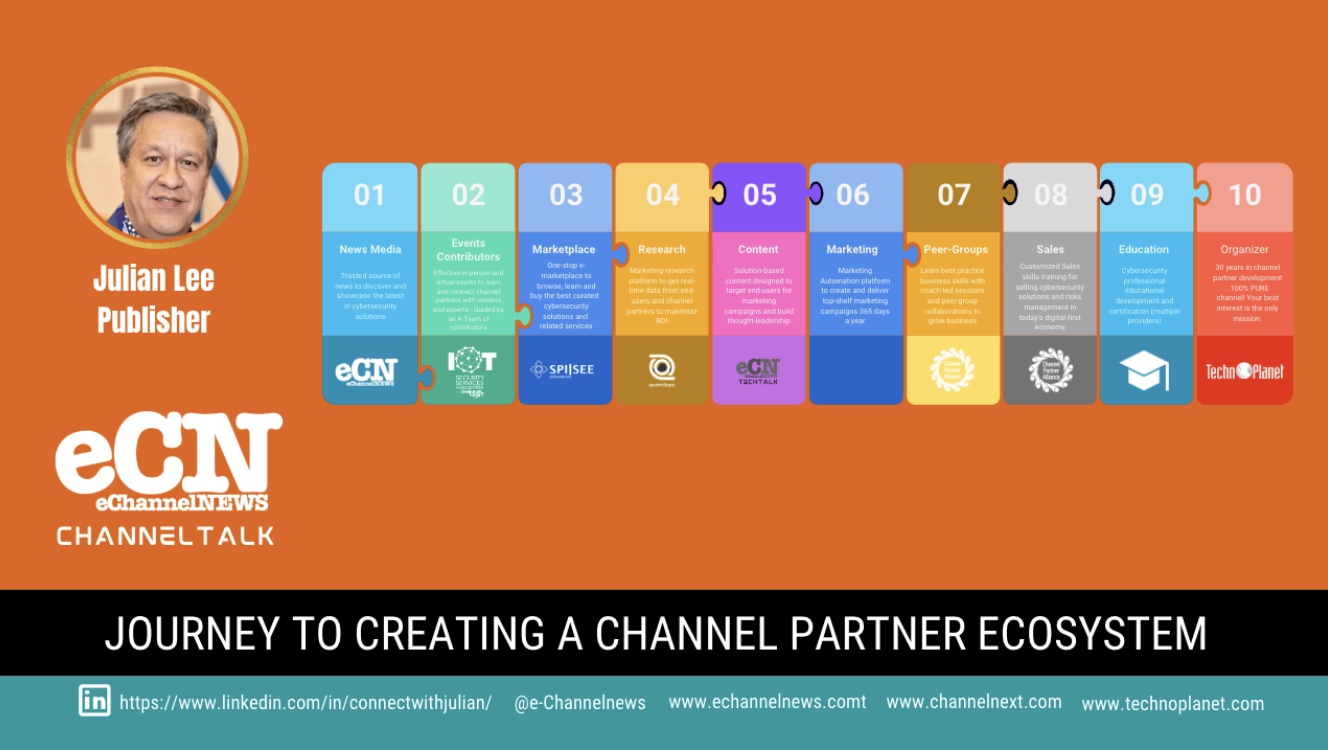 The picture above is the Brough castle that I saw on my recent trip in the UK that I randomly found while taking a wrong turn on my journey. In 1521 the castle was burnt down from a “Christmas party” and was left in ruins until 140 years after when it was fully restored. Later, the castle was destroyed again to its current state today. Today, there is a small cafe business at the foot of the hill with the only gate leading into this historic site. It was free to enter the site, but buying a coffee, tea or ice cream was greatly encouraged.
The picture above is the Brough castle that I saw on my recent trip in the UK that I randomly found while taking a wrong turn on my journey. In 1521 the castle was burnt down from a “Christmas party” and was left in ruins until 140 years after when it was fully restored. Later, the castle was destroyed again to its current state today. Today, there is a small cafe business at the foot of the hill with the only gate leading into this historic site. It was free to enter the site, but buying a coffee, tea or ice cream was greatly encouraged.
To me, this may represent the essence of British resilience and ingenuity! Build castle. Castle gets burnt down. Castle gets rebuilt then it gets destroyed again, all while changing owners several times….finally build a business around the ruins! The Brits have a way of making the best of it and they can even turn a ruin into a business opportunity!
As I took in this sight, it made me think of Britain and their most recent historical vote to exit from the EU. Will the decision actually ruin the country and if so, to what extent and how much does it really matter? How will the channel turn this into an opportunity?
I was fortunate to be in the UK during this historic vote to leave the EU as I hosted our latest VARTrends channel conference in the UK. Just about every type of channel-related business was present including VARs, MSPs, consultants, distributors, vendors, research organizations and business coaches. We all gathered to exchange ideas, learn and build business.
This time, the discussions were dominated by the recent referendum about Britain staying or leaving in the EU. The conference was held just 2 days before the voting took place and I had a chance to meet more industry leaders over a few days after the vote, so I got some before and after insights. I also got to speak with random people who were very eager to express their opinions as I went about my journey across the country.
I was just another Canadian in the middle of what may be one of the most significant events in the Western world and certainly in Europe. The impact will be incredible. The passion for one side or the other was intense. One thing that everyone had in common after the vote was the absolute uncertainty about what’s to come next. No one seem to really know. Many seemed shocked that the voting went the way it did (even many of the people who voted to leave).
Before the vote, just about every channel person that I spoke to said that Britain will stay in the EU, but expected the voting to be close. As we know now, Britain voted to leave. What happened? More importantly, what happens next? The one thing that I have seen loud and clear is that every young person that I spoke to was very upset and frustrated about leaving the EU. They absolutely see this as bad for them and I think this is the one outcome that the country leaders may have underestimated. When you make the vast majority of younger population mad, everything can go into a hyper level of unpredictability.
Staring the day-after, the talk shows had a feeding frenzy with long lineups of speakers who had all sorts of reasons and insights. Finally, more people, whose voices were muffled pre-vote, were now able to tell their stories about the downside of leaving. And, there were more surprises like David Cameron (Britain’s Prime Minister) tendering his resignation on live TV on the day after!
The impact to the UK IT channel will ultimately depend on what you do in the channel. VARs and MSPs will carry on as companies will need IT to increase productivity and reduce cost, but some of their customers may pull out of the UK or reduce their footprint. Others may set up new offices in the UK. Depending on where you are, channel partners can see their business decrease or shift. Unfortunately, the channel was already dealing with a very weak quarter previous to the vote, as businesses were holding back spend because of the uncertainty. Now it seems likely that these delays in IT investments will continue until the future seems clearer.
The day before the vote, the British Pound was on the up. The day after, the currency fell significantly and continues to fall a week later. Where it stops, nobody knows. This is the first impact that the IT channel is experiencing from the voting decision.
Many IT products will most likely cost more simply because it will take more British Pounds to buy and that is without any new tariffs being added in the future! IT companies may no longer see Britain as their headquarters of Europe and thereby reducing their footprint in favor of a smaller sales office. British IT vendors and distributors may no longer have unconditionally free access to the European market.
Overall, it seems like IT companies will be rethinking their business strategy for Europe. If the currency is devalued, then it may be cheaper to build operations and recruit staff in the UK, on the other had, if by doing so it restricts them from selling across Europe, then the cost-benefits may not justify the barriers to the wider markets.
Smart VARs and MSPs will hustle and get their customers to leverage technology more than ever to become more competitive. It is good time for VARs and MSPs to step up and become proper business advisors. These VARs and MSPs should also assess their own business to ensure that they are on track and as efficient as possible before they get blindsided. For some who service clients with operations across Europe, they may have to digest a new level of restrictions and complexities in doing business outside of the UK as it does not seem that it will be business as usual. Politicians can easily and quickly tighten up borders and impose other restrictions to make it more difficult for any company to do business within their country. Very quickly, UK business travelers could get the “we do not want you doing business here” treatment.
For distributors, cost for buying products will increase and investing outside of the UK will also cost more. Many distributors may struggle with decreased sales demand and higher costs as well as risks as some previously strong VARs and MSPs may get into some financial challenges.
I must say that waking through downtown London, people were very busy shopping. Tourists may be the biggest winners, as their dollar will buy more (but not if the local prices start to increase in a country where everything already seems to be relatively expensive).
What happens when the real consequences start to impact the working population? What happens when people loose their jobs as companies choose expand elsewhere? What happens when the retirement investments for the older population loose its value? What happens when the same product that the people bought yesterday becomes 20% higher or more? Hopefully the next captain of Britain will safely navigate the storms ahead.
The story is still being written and only time will tell for the future of Britain. That said, the Brits are famous for being calm and carrying on so I have no doubts that they will survive this chapter in their lives. From the IT perspective, it may not be business as usual, at least for the short term. The Brits need time to come to terms as they digest the results of the vote and as they do, but I am sure that the smart IT companies will find the way forward to exploit the new opportunities.




